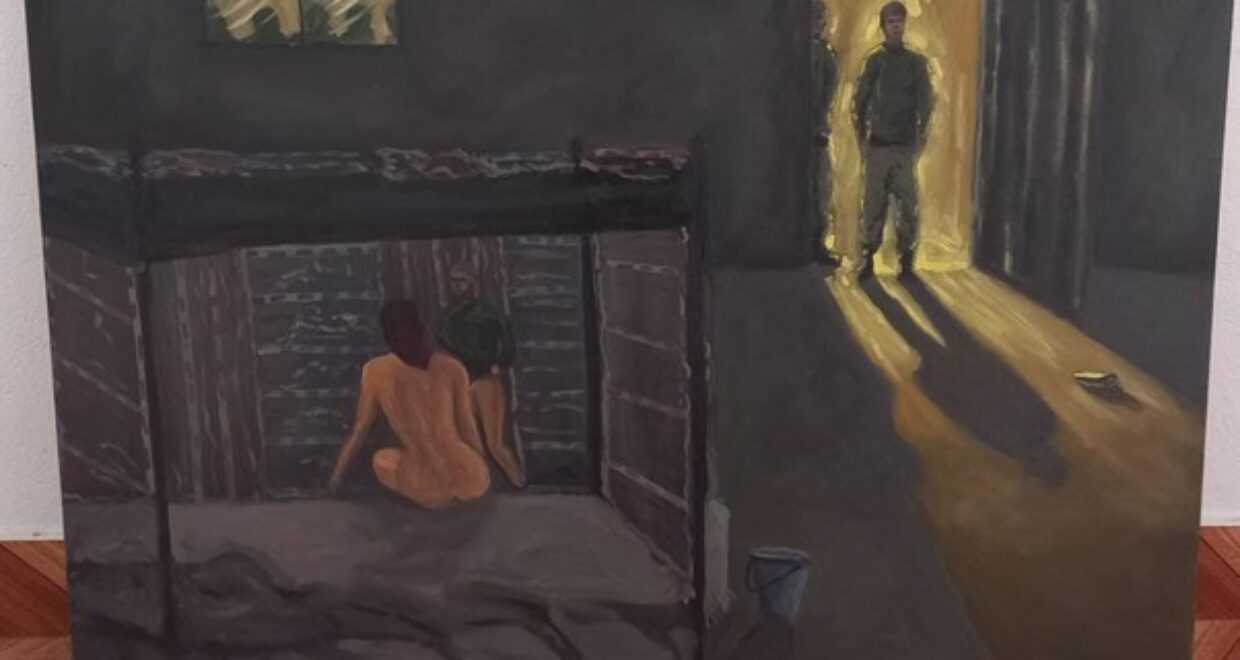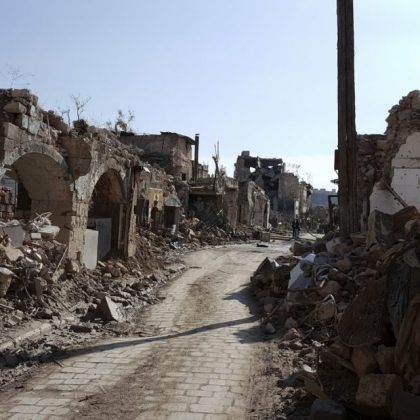Military Intimacies: Peruvian Veterans and Narratives about Sex and Violence
Many researchers and writers have considered the question of why soldiers in conflict situations rape civilian and enemy populations. Few works have been able to research the motivations of soldiers directly with them. We carried out in-depth interviews with ex-combatants (recruits) of the Peruvian Internal Armed Conflict, to examine the complex dynamics in which sexual violence became a widespread practice among soldiers—how did ordinary young men become perpetrators of sexual atrocity?
Our article explores how sex and violence were part of the everyday making of the soldiers in the Peruvian armed forces during the internal armed conflict between 1980 and 2000. We are interested in how the entwinement of sex and violence shape the experience of soldiering and how this is facilitated by military cultures, and vice versa—how soldiers’ experience of sex and violence contributes to military culture and, hence, the sexual violence that becomes possible and imaginable.
We argue that soldiers experience intimacy through performative practices of sex and violence while in the army, where intimacy is understood as the sharing of very personal and even secretive emotional and physical experiences that are often part of the liminal space between the public and private. These military intimacies, encouraged through institutional as well as cultural practices, draw on existing imaginaries of race, gender, class, and sexuality.
Our interviewees talk about the violence with which they were recruited, and the often sexualized violence which permeated the first three months of training. They speak about the ambiguities of heterosexuality and the threat of sexual violence from their superiors. Likewise, they speak of the sex workers supplied by the military, and how their visits turned into performative events in which heterosexual masculinity needed to be affirmed. They also speak about sex with local women and girls as normalized and expected, practices that were experienced as rape by the young women and girls in question.
Our research suggests that in the context of war, violence is sexualized, and sex is often violent. Indeed, our interviewees told us how violence itself became acceptable, normal, and even desirable. Sex and violence, pain, and pleasure became intimately entwined in everyday life in a combat zone. Understanding the intimate interplay of sex and violence in the military, then, is a relevant factor in understanding how young men can become soldiers capable of atrocity.
Military Intimacies: Peruvian Veterans and Narratives about Sex and Violence by Jelke Boesten and Lurgio Gavilán
Image caption: Rapid Painting Contest, ‘Las Charlis’ © LIPANAAC






